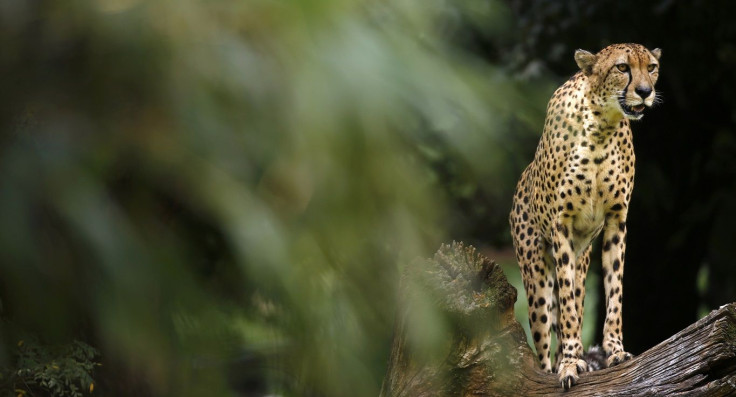Protecting biodiversity: Argentinian scientist clone tiger embryos, cheetah from frozen skin cells

With an alarming number of animal and plant species becoming either endangered or extinct due to climatic and human factors, researchers across the world have been trying hard to find methods to preserve the environment. In a similar attempt to conserve the biodiversity, a team of researchers at the University of Buenos Aires have developed embryos of Asiatic cheetah, tiger and Bengal cat using the frozen skin cells. The lead researcher, Daniel Salamone, says that as of now, the team is working on non-native species. The research team's target is to avoid the extinction of the indigenous species, including the jaguar.
"The Buenos Aires zoo has a genetic data bank in which all of its species are preserved, both indigenous and exotic ones," said Salamone, in a statement.
"We took frozen skin cells from that data bank to produce cheetah embryos. We were successful, making this a valid new cloning technique."
The researchers first cloned domestic cats before trying their hands at the wild felines. So far, the team has been successful in cloning Asiatic tiger, cheetah and Bengal cat. According to Salamone, the cloning technique used by the researchers will be able to produce clones with high number of stem cells.
Researcher Lucia Moro believes that the technique used by the team can be used to clone other feline species as well, provided their genetic material is available and the quality of the cells are really good. Even though the research findings are successful, the project has not reached beyond the embryonic stages.
The research work must obey the rules and ethical standards provided by the Latin American Association of Zoos and Aquariums. The standard allows the work to be carried out only on the embryos.
Contact the writer at feedback@ibtimes.com.au, or let us know what you think below.




















